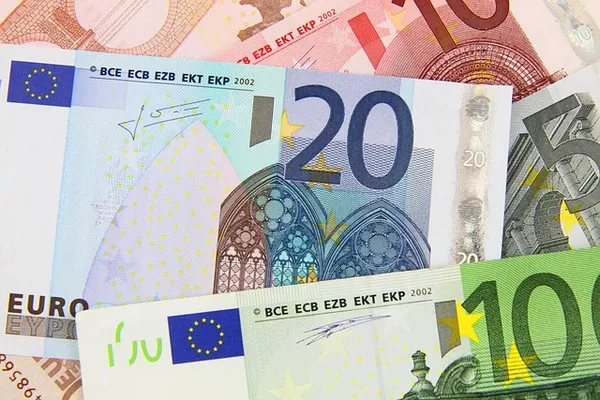In the complex landscape of global finance, the euro stands as a testament to the power of a unified currency. Since its introduction in 1999, the euro has transformed the economic landscape of the Eurozone, providing numerous benefits to individuals, businesses, and governments alike. This article explores the multifaceted advantages of the euro and how its adoption has fostered economic integration, stability, and growth across Europe.
Economic Integration and Market Size
One of the primary benefits of the euro is the facilitation of economic integration within the Eurozone. By replacing national currencies with a single currency, the euro eliminates exchange rate fluctuations and trade barriers among member countries. This unified monetary system has created a vast and seamless market of over 340 million people, enabling businesses to operate more efficiently and access a larger customer base without the friction of currency conversion.
The elimination of exchange rate risks encourages cross-border investment and trade, leading to increased competition and specialization within the Eurozone. As a result, businesses can benefit from economies of scale and scope, reducing costs and improving productivity. This integration has also promoted labor mobility, allowing workers to seek employment opportunities across borders more easily, thereby enhancing economic efficiency.
Price Stability and Inflation Control
Central to the success of the euro is the mandate of the European Central Bank (ECB) to maintain price stability. The ECB sets monetary policy for the entire Eurozone, focusing on controlling inflation and promoting economic growth. By harmonizing monetary policy across member states, the euro has helped stabilize prices and reduce inflationary pressures.
Consumers and businesses benefit from this stability through predictable pricing and reduced uncertainty in financial transactions. Lower inflation rates also contribute to increased purchasing power, enhancing consumer confidence and promoting sustainable economic growth.
Enhanced Financial Market Integration
The adoption of the euro has accelerated financial market integration within the Eurozone. The euro serves as a catalyst for deeper capital markets, enabling easier access to financing for businesses and governments. Financial institutions can operate more efficiently across borders, offering a broader range of financial products and services to customers throughout the Eurozone.
Moreover, the euro has strengthened the international role of the Eurozone in global finance. As one of the world’s leading reserve currencies, the euro enhances the Eurozone’s influence in international trade and finance, reducing reliance on external currencies and promoting financial sovereignty.
Reduced Transaction Costs and Exchange Rate Risks
For businesses engaged in cross-border trade and investment, the euro has significantly reduced transaction costs and exchange rate risks. By eliminating currency conversion fees and exchange rate fluctuations, the euro streamlines financial transactions, making international trade more accessible and affordable for businesses of all sizes.
Small and medium-sized enterprises (SMEs) benefit particularly from the euro’s lower transaction costs, as they can expand into new markets and forge partnerships with foreign suppliers and customers more easily. This increased market access fuels innovation and entrepreneurship, driving economic growth and job creation within the Eurozone.
Fiscal Discipline and Economic Coordination
The euro also plays a pivotal role in promoting fiscal discipline and economic coordination among member states. The Stability and Growth Pact, established to ensure fiscal stability within the Eurozone, imposes limits on government deficits and debt levels. This framework encourages responsible fiscal policies and prevents excessive public spending, thereby enhancing investor confidence and preserving the credibility of the euro.
Furthermore, the euro fosters closer economic coordination among member states, facilitating joint initiatives to address common challenges such as economic downturns or financial crises. This solidarity strengthens the resilience of the Eurozone and enhances its ability to respond effectively to external shocks.
Conclusion: A Vision of Economic Unity
In conclusion, the euro represents a remarkable achievement in the realm of economic integration and monetary policy. By transcending national borders and fostering a sense of shared economic destiny, the euro has empowered individuals, businesses, and governments across the Eurozone to realize their full economic potential.
From enhanced market integration and price stability to reduced transaction costs and fiscal discipline, the benefits of the euro are manifold and far-reaching. As Europe continues to navigate the complexities of a rapidly changing global economy, the euro remains a symbol of unity and prosperity, offering a blueprint for harnessing the collective strength of nations through common currency and shared vision.


